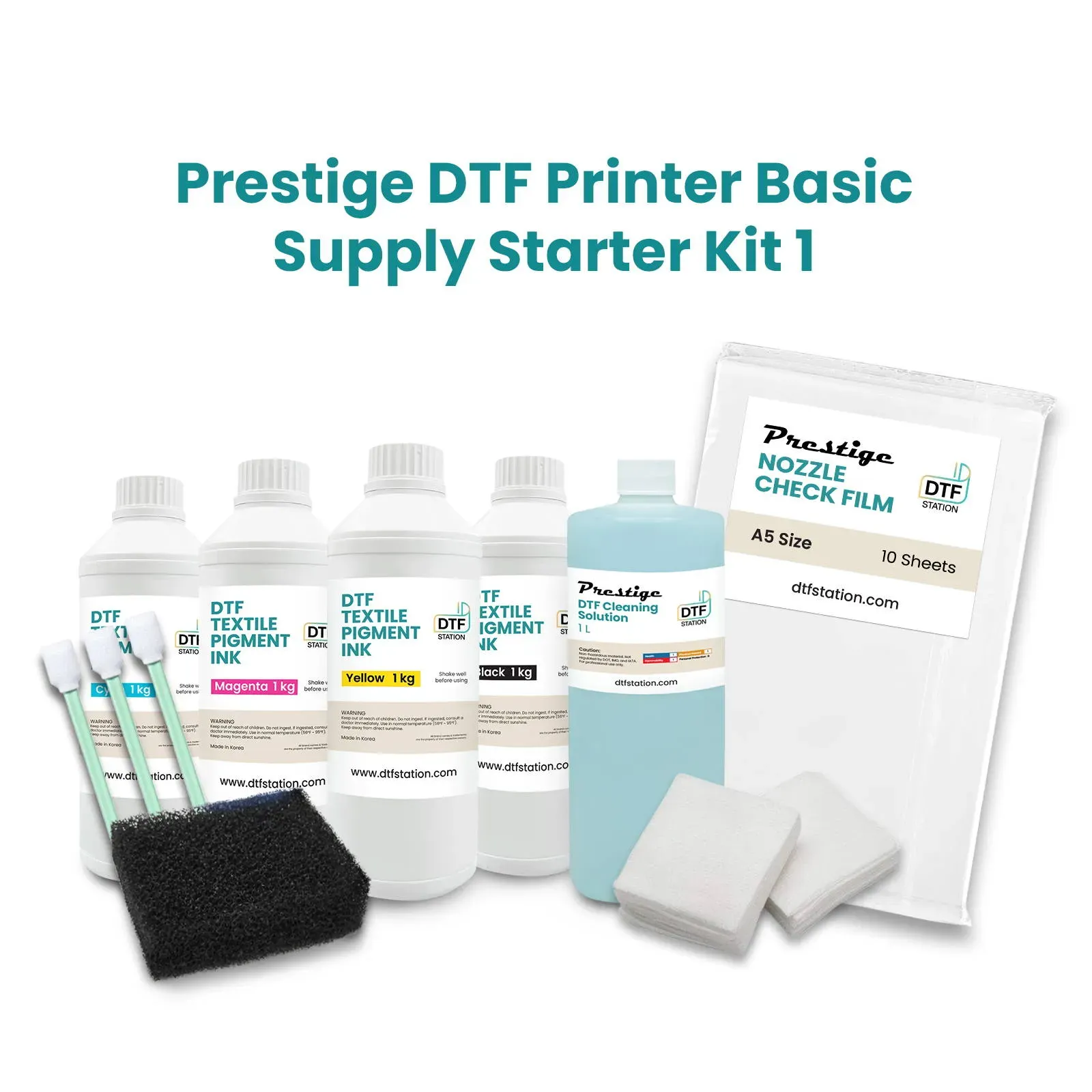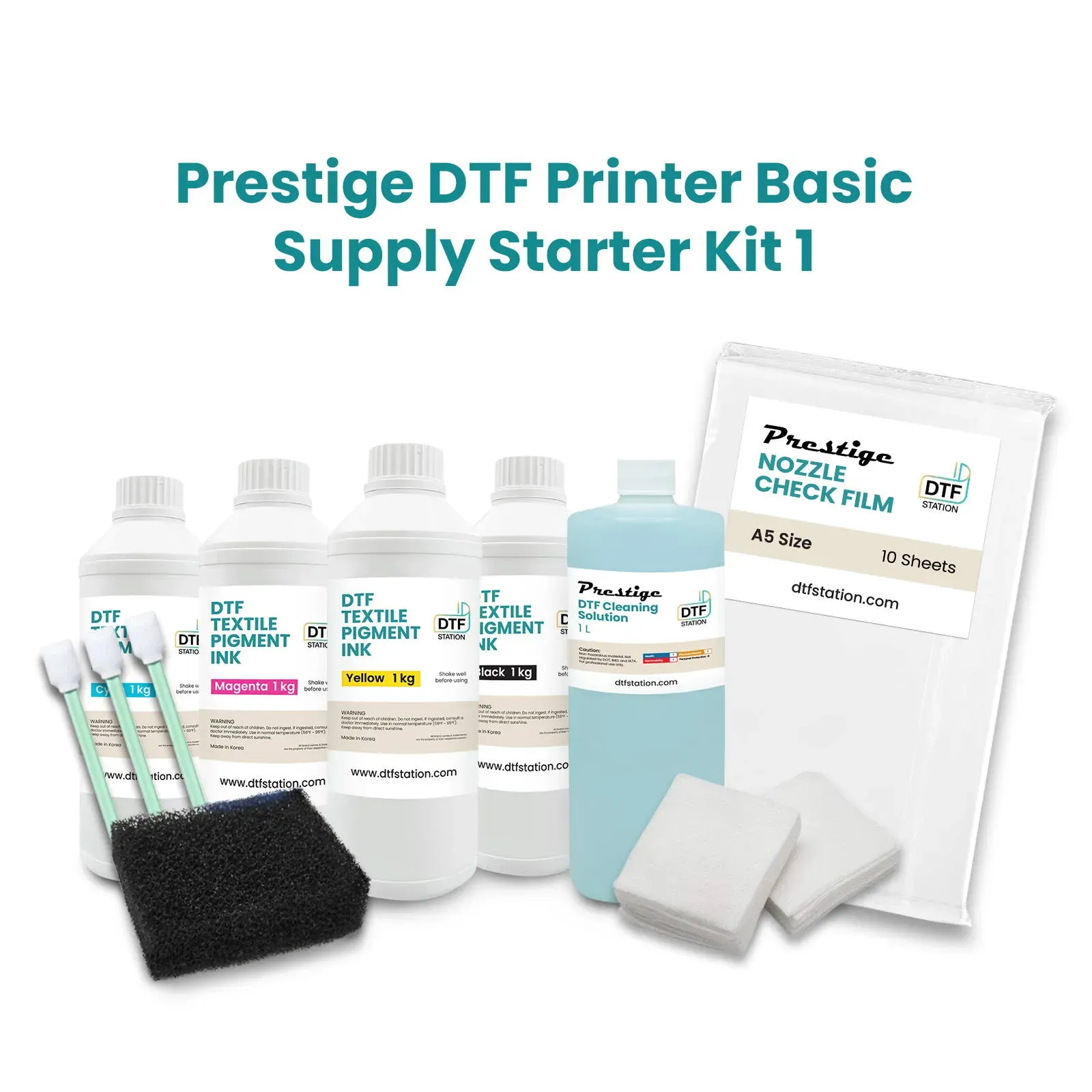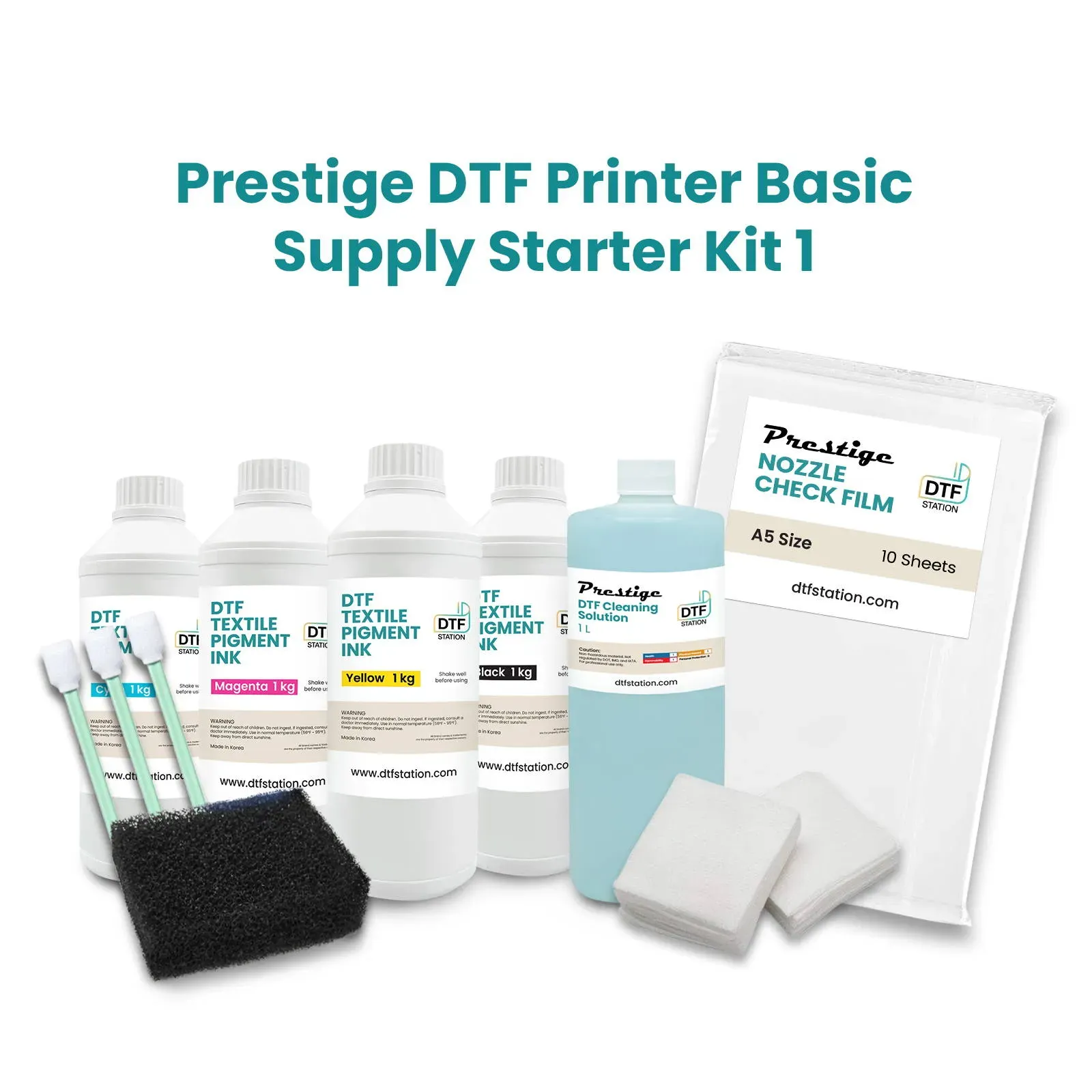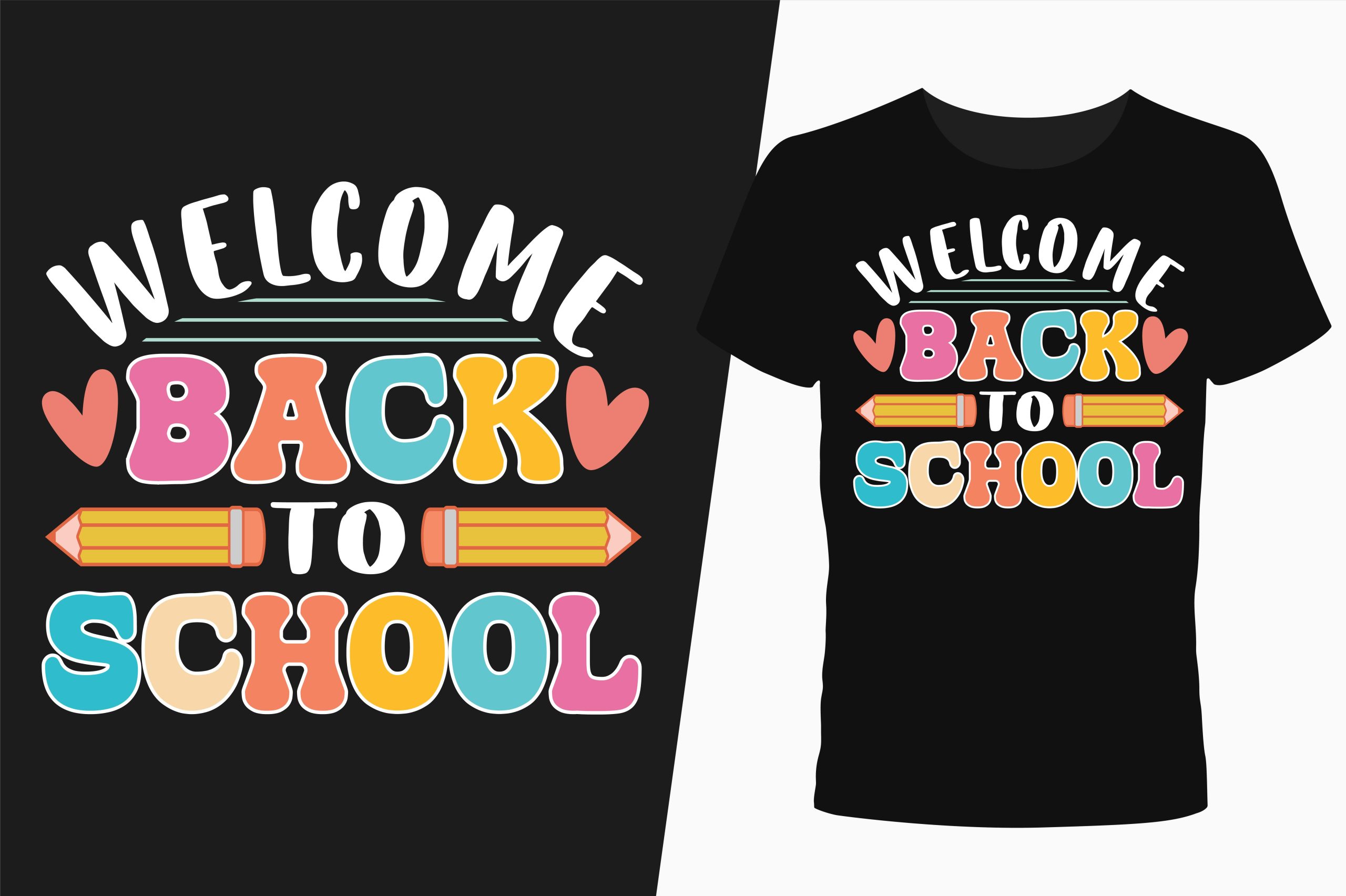DTF Supplies: How to Choose the Best for Your Business
DTF supplies play a vital role in the flourishing DTF printing industry, where entrepreneurs are looking to create high-quality, vibrant designs on various textiles. In recent years, the demand for Direct-to-Film (DTF) technology has surged, making it essential for business owners to choose the best DTF supplies that align with their printing needs. From selecting durable DTF films to ensuring compatibility with efficient DTF printers, every element impacts the final product’s quality. Knowing how to choose DTF films, adhesives, and the right heat press for DTF applications will streamline your operations and enhance customer satisfaction. Embrace this powerful printing method by investing in superior DTF printing materials that yield professional results and establish your brand in a competitive market.
In the realm of textile printing, acquiring top-notch Direct-to-Film (DTF) materials is crucial for any burgeoning business. As many are discovering the benefits of this innovative transfer method, it becomes increasingly important to focus on procuring the right components for optimal performance. Essential DTF supplies consist of various elements, including high-quality films, reliable adhesives, and sturdy heat presses, all of which work together to produce striking designs. Whether you’re interested in DTF film recommendations or seeking a dependable heat press for DTF projects, understanding the nuances of each component will elevate your printing quality. Delve into the world of DTF supplies today and set your business on the path to success with exceptional print outcomes.
Choosing the Best DTF Films for Brilliant Results
When embarking on your DTF printing journey, the selection of high-quality DTF films stands as a fundamental step towards achieving vibrant and long-lasting prints. Films differ not only in their finish but also in their durability and ease of application. Investing in premium brands such as Avery Dennison and Siser can dramatically enhance your transfer’s vibrancy, ensuring that colors pop and designs are faithfully replicated on various textiles.
Moreover, considering the thickness of the films you choose is critical; thicker films generally offer superior durability and a more professional finish. This is vital for customers looking for products that withstand wear and tear. When evaluating your options, take the time to test various film types, comparing their performance to find the perfect match for your specific printing needs.
High-Quality Adhesive Powders: Key to Successful Transfers
The adhesive powder you choose plays a pivotal role in the overall quality of your DTF prints. Opting for ultra-fine powders can make a significant difference, as they tend to provide a smoother, more professional finish on textiles. When applied correctly, these powders ensure a strong bond between the film and the material, thus maintaining the integrity and durability of your designs.
It’s also essential to understand the heat activation properties of your adhesive powders. Different powders require specific temperatures and pressures for optimal performance. Therefore, equipping yourself with the right knowledge will not only streamline your production process but also enhance the final output, keeping your clients satisfied with every print.
Selecting the Right DTF Printer for Your Operations
Choosing the right DTF printer is crucial for any successful printing business. Printers specifically designed for DTF processes such as those from brands like Epson and Mimaki will ensure that your efforts yield high-quality prints efficiently. It’s vital to consider factors like print resolution and speed. High DPI settings will deliver sharp images, while faster printing speeds can keep up with high-volume demands without compromising quality.
Additionally, compatibility between your chosen printer and the films and inks is also a critical aspect of your investment. Mismatched equipment can lead to wasted materials and time, so engaging in thorough research before making your purchase is key. A well-chosen printer can serve as the backbone of your operations, facilitating crystal-clear prints that elevate your DTF offerings.
Understanding the Importance of DTF Ink Quality
The quality of DTF inks is a game-changer in the printing process. By opting for pigment-based inks, you not only ensure vibrant colors but also contribute to the longevity of your prints against fading and washing. Exploring various brands would help you to find inks that offer an extensive color range, adding versatility to your offerings. This flexibility is particularly beneficial for businesses that cater to a diverse clientele with varied design needs.
Keep in mind that the investment made in quality inks will ultimately pay off through satisfied customers who appreciate the lifespan and vibrancy of the prints they receive. Therefore, when selecting inks, take the time to compare their performance and durability to choose the best options that will uphold your business’s reputation.
Evaluating Heat Press Features for Optimal Transfers
The importance of a reliable heat press cannot be overstated in the realm of DTF printing. A high-quality heat press with even temperature distribution is crucial to ensuring consistent results across all your print jobs. Uneven heating can lead to poor adhesive adherence, resulting in a subpar final product that won’t meet your clients’ expectations.
Digital controls on heat presses further enhance the accuracy of your settings. By using advanced presses, you can easily adjust both temperature and pressure, leading to a greater consistency in your applications. This level of precision is essential for achieving professional results, so it’s worth investing in equipment that provides these capabilities.
Balancing Cost and Quality in DTF Supplies
Navigating the cost versus quality dilemma when selecting DTF supplies can be challenging. While it may be tempting to choose lower-cost options, investing in premium materials often results in superior outcomes and customer satisfaction. Higher-quality supplies typically lead to better durability and a decreased likelihood of returns due to unsatisfactory prints, ultimately benefiting your business in the long run.
In addition, gathering firsthand reviews and testimonials from fellow DTF business owners can provide invaluable insights into the performance of different materials. Engaging in community discussions can further enhance your understanding and help you make informed decisions that align with your business goals.
Frequently Asked Questions
What are the best DTF supplies for a successful printing business?
To ensure a successful DTF printing business, investing in high-quality DTF supplies is essential. Look for reputable brands of DTF films like Avery Dennison and Siser, compatible DTF printers such as Epson and Mimaki, and reliable heat presses with even temperature distribution. Quality adhesive powders and vibrant pigment-based DTF inks will also significantly enhance your final product.
How do I choose the right DTF films for my printing projects?
Choosing the right DTF films involves evaluating their thickness and quality. Thicker films tend to offer better durability and transfer quality, while thinner films might be more cost-effective. Always select high-quality transfer films that ensure vibrant and long-lasting prints for your textile items.
What DTF printer do you recommend for a new business?
For a new DTF printing business, consider investing in printers specifically designed for DTF processes, like the Epson or Mimaki models. These printers offer high print resolution and speed, allowing for efficient production of high-quality transfers.
What qualities should I look for in adhesive powder for DTF printing?
When selecting adhesive powder for DTF printing, prioritize ultra-fine powders that create a smooth finish and adhere well to both the film and fabric. Also, check for powders that require suitable heat activation parameters to ensure effective adhesion during the transfer process.
Why is the quality of a heat press important in DTF printing?
The quality of a heat press is crucial in DTF printing because it affects the even distribution of temperature and pressure needed for successful transfers. A good heat press will help ensure that the adhesive adheres properly, leading to higher durability and quality in your printed fabrics.
How can I balance cost and quality when choosing DTF printing materials?
Balancing cost and quality in DTF supplies requires careful consideration. It’s tempting to choose cheaper options, but investing in high-quality materials will yield better long-term results in terms of durability and customer satisfaction. Look for brands with positive reviews and feedback from other DTF business owners to guide your choices.
| Key Component | Considerations | Recommended Brands/Features |
|---|---|---|
| DTF Films | – Transfer films quality – Film thickness |
– Avery Dennison – Siser – Experiment with thicknesses. |
| Adhesive Powder | – Fineness – Heat activation requirements |
– Choose ultra-fine powders. |
| Printer Compatibility | – Print resolution – Speed |
– Epson – Mimaki – Higher DPI for better quality. |
| DTF Ink Quality | – Pigment-based inks – Wide color gamut |
– Invest in high-quality inks for durability. |
| Heat Press Quality | – Temperature distribution – Digital controls |
– Ensure even heat distribution for effective transfers. |
| Cost vs. Quality | – Balance between cost and quality | – Review products based on user experiences. |
| Supplier Reputation | – Technical support – Community engagement |
– Choose suppliers that engage and offer support. |
Summary
DTF supplies play a fundamental role in the quality and effectiveness of your Direct-to-Film printing operations. Selecting the right materials, including high-quality films, reliable printers, and effective adhesives will ensure vibrant, durable prints that meet customer demands. By prioritizing quality over cost and choosing reputable suppliers, you position your business for long-term success. As the DTF market expands, making informed choices about your supplies will help you remain competitive, ensuring that you not only meet but exceed your clients’ expectations in this dynamic industry.






